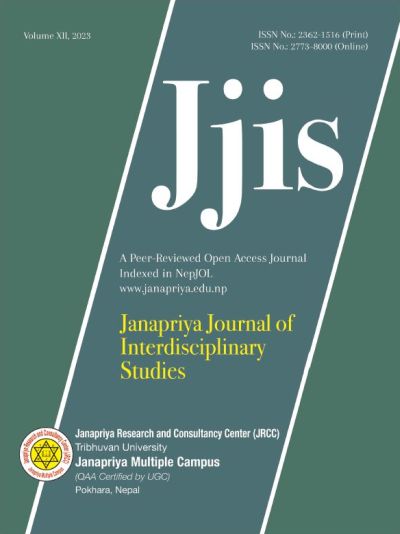Book Review of Das Kapital
DOI:
https://doi.org/10.3126/jjis.v12i1.62253Keywords:
Capitalism, communism, socialism, workers rightAbstract
By the definition, socialism means that the production belongs to all segments of society without discrimination and are controlled by the state. In capitalism, in contrast to socialism, the means of production belong to individuals, not society, and it advocates competition. Communism, another concept, constitutes the beginning of socialism according to Marxist-Leninist society. In other words, production belongs entirely to the state, and the principle of equality is observed for everyone without distinction. One of the most important works of the German sociologist Karl Marx, the founder of Marxism, is his book “Das Kapital,” The main reason that led Karl Marx to write this work was the failure of the Industrial Revolution that took place in 1849. In this work, Marx criticized the capitalist mode of production and the competition brought about by capitalism and defended the rights of oppressed workers working for labor capital for unpaid or low wages. At the same time, he talks about social classes and defines the class struggle of women, men, and the bourgeoisie. The aim of this study is to refer to the first volume of Marx’s book “Capital,” to emphasize its importance in the context of socialism, capitalism, and communism.
Downloads
Downloads
Published
How to Cite
Issue
Section
License
Copyright (c) 2023 The Author(s)

This work is licensed under a Creative Commons Attribution-NonCommercial 4.0 International License.




